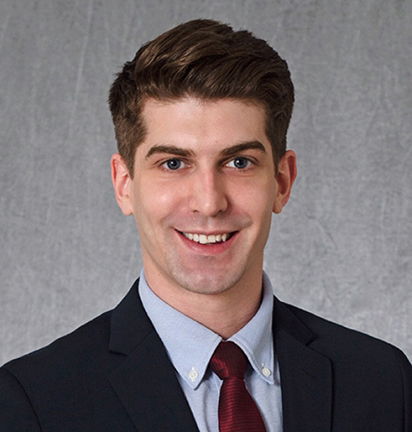
Lessons from CAMP Rehoboth
I spent a lot of time alone as a child. This was in large part because I was very existential and introspective from the start, prone to asking very cerebral questions and independently puzzling over philosophical concepts I couldn’t quite put into words.
The other part of it was that at the age of eight, being painfully self-aware, iconoclastic, and too naïve to accurately assess the consequences, I came out as gay.
Living in a small rural town in Sussex County, Delaware, in 1995, I suffered a lot for that decision; I wasn’t very popular back then. The constant low-level bullying I was all too acclimated to at school escalated further when I switched districts and found myself in a more hostile learning environment.
In 8th grade, after a series of violent incidences, I left school in favor of independent study, self-teaching from homeschooling materials. Over the next year, I battled with depression and panic attacks and remained for the most part confined to my home.
 My one consistent outing each week was the LGBT youth group I started attending at age 14. Each Tuesday evening, I’d brave the crippling anxiety of the outside world and leave my apartment to go to the CAMP Rehoboth Community Center. Until then, I was one of the few openly gay people I knew, but I was soon introduced to other adolescents struggling with similar issues of identity and discrimination, as well as a whole community of supportive and nurturing individuals who had overcome their own adversity to find a place in world.
My one consistent outing each week was the LGBT youth group I started attending at age 14. Each Tuesday evening, I’d brave the crippling anxiety of the outside world and leave my apartment to go to the CAMP Rehoboth Community Center. Until then, I was one of the few openly gay people I knew, but I was soon introduced to other adolescents struggling with similar issues of identity and discrimination, as well as a whole community of supportive and nurturing individuals who had overcome their own adversity to find a place in world.
The following year, at 15, I started my first job in the CAMP Rehoboth courtyard, at Lori’s Café, when the leader of my youth group took me under her wing and invited me to work for her that summer. Lori Kline showed amazing patience and understanding with me as I faced down one anxiety attack after another, challenged by the deeply engrained negative perceptions of the world. I began developing the coping skills necessary to heal from my previous trauma and subsequent isolation. Lori reached me at a very influential time in my life, and helped me build the confidence I would need to face the additional challenges to come.
The following summer my mother died suddenly in a car accident, and I found myself, at 16, living on my own and supporting myself financially. In the years to follow, I faced many economic hardships, periods of homelessness, and challenging life experiences. I can still remember the feeling of hopelessness I experienced during those times, and questioning what kind of future a person from my background could have; however, I never stopped contemplating the possibilities.
Expanding on the skills I began developing under Lori’s watchful and nurturing eye, and pulling from my strengths in analytical thinking and creative problem solving, I was able to rewrite the narrative of my life and overcome those difficulties.
The struggles I faced, and the coping skills I developed during those early days of independence, instilled in me the perseverance and resourcefulness I needed to gain financial stability, complete my GED, and become the first person in my family to attend college.
Then, in medical school, thanks to my many years in the service industry (editor’s note: included working in Rehoboth at Lambda Rising Books and the Rehoboth Guesthouse), honing customer relations skills, combined with the empathy and insight I’d gained through personal experiences, I was able to build strong rapport with patients.
Now, what I enjoy about psychiatry is that it provides a venue for me to extend beyond the surface, to ask deeper, and more thought-provoking questions, and apply greater therapeutic technique in interviewing. I like being able to guide patients as they gain insight into their mental health and develop coping strategies.
The challenges I’ve overcome, as well as my firsthand experiences with adverse psychosocial factors and discrimination, provided me with the ability to connect with a diverse population of patients, while establishing boundaries and remaining emotionally resilient in the face of sometimes challenging patient encounters.
As an adult, I remain as introspective and analytical as I was as a child. Psychiatry combines my cerebral and existential interests, allowing me to contemplate the human psyche with the goal of improving the mental health of my patients.
As a psychiatrist, I hope to work with troubled youth, those who have struggled from a lack of resources and education, and those who were forced by circumstance to grow up too soon. I’d like the opportunity to lead a youth group of my own some day and be able to save the life of even just one young person, the way that Lori and the CAMP Rehoboth Community Center saved mine. ▼
